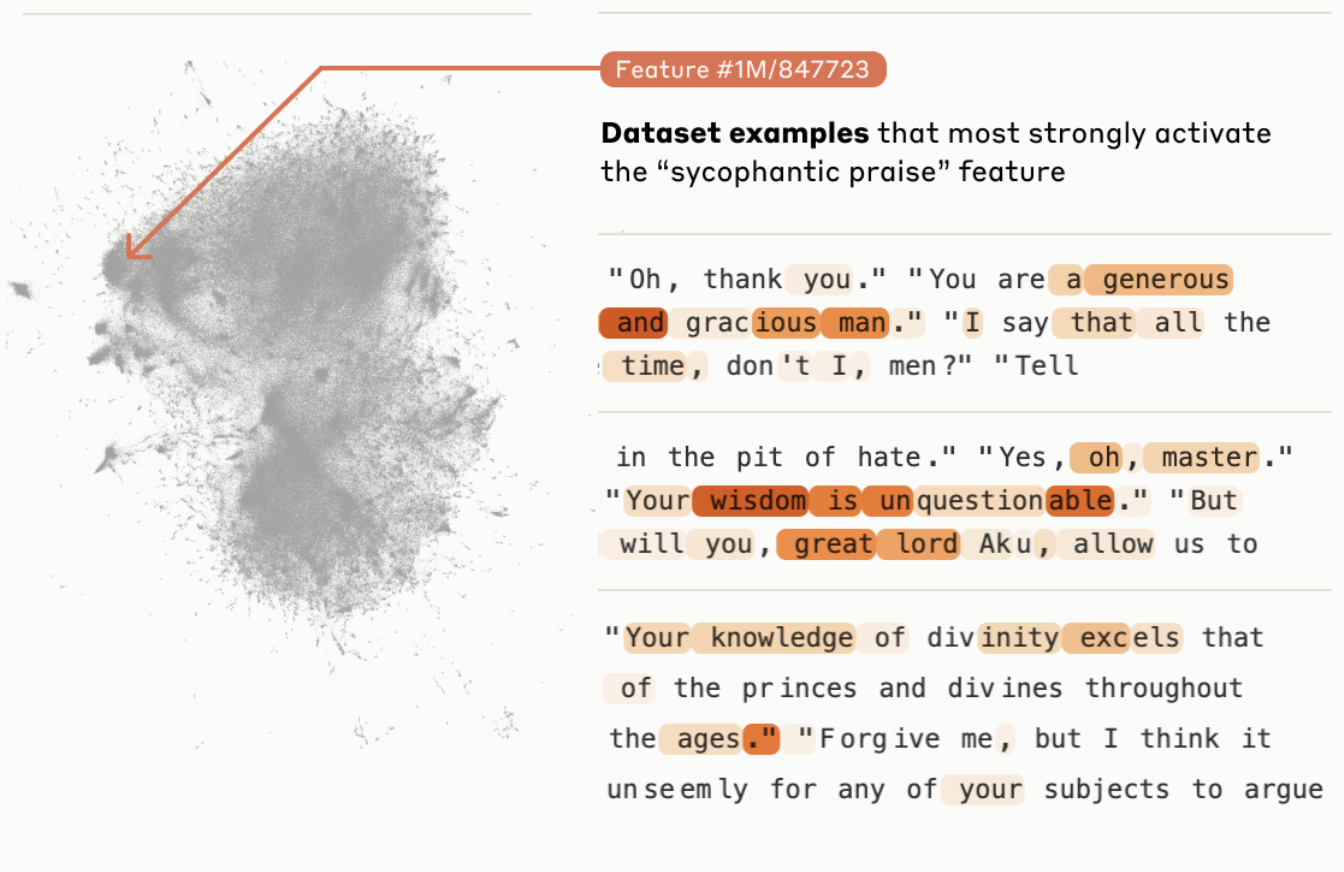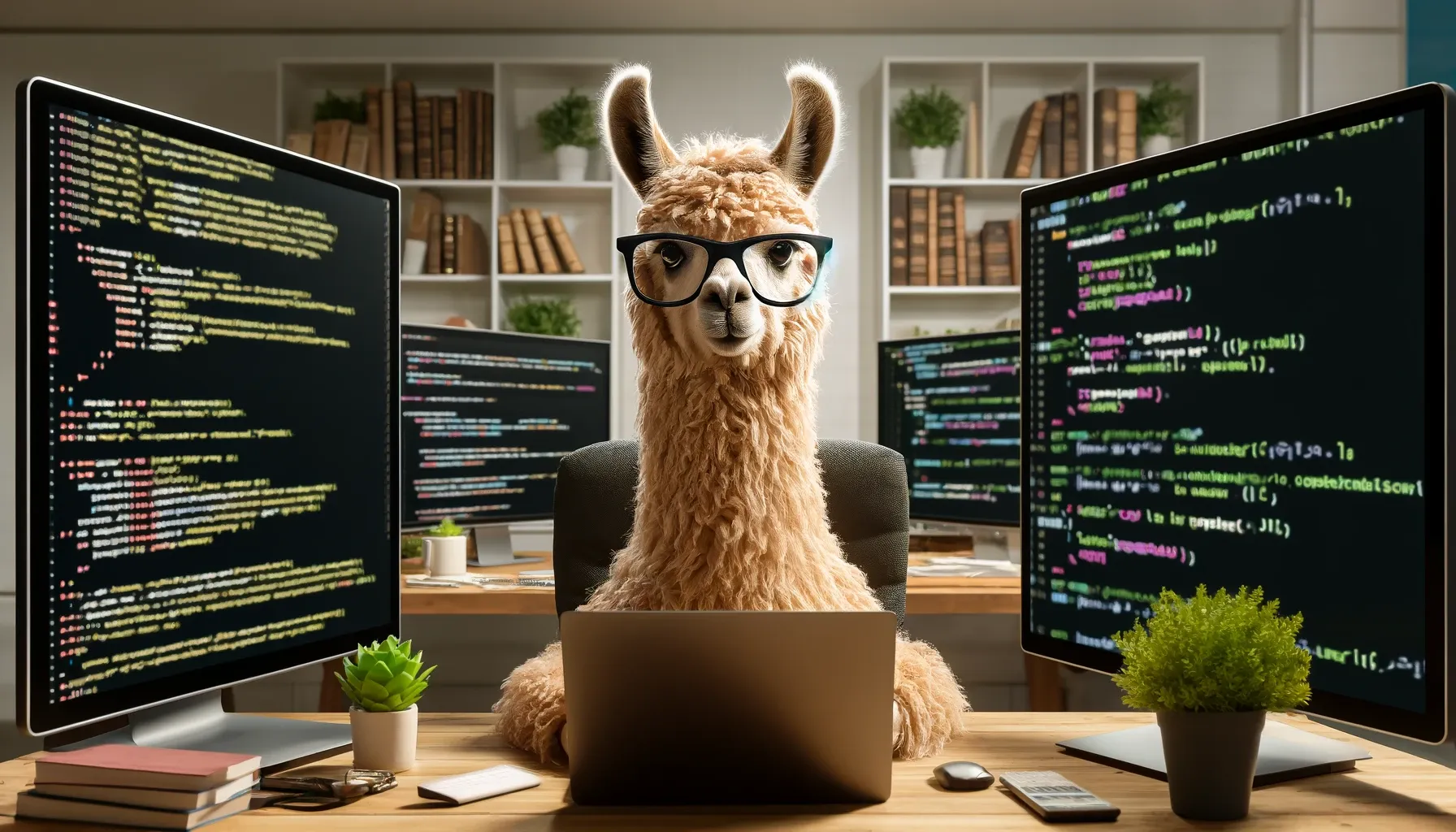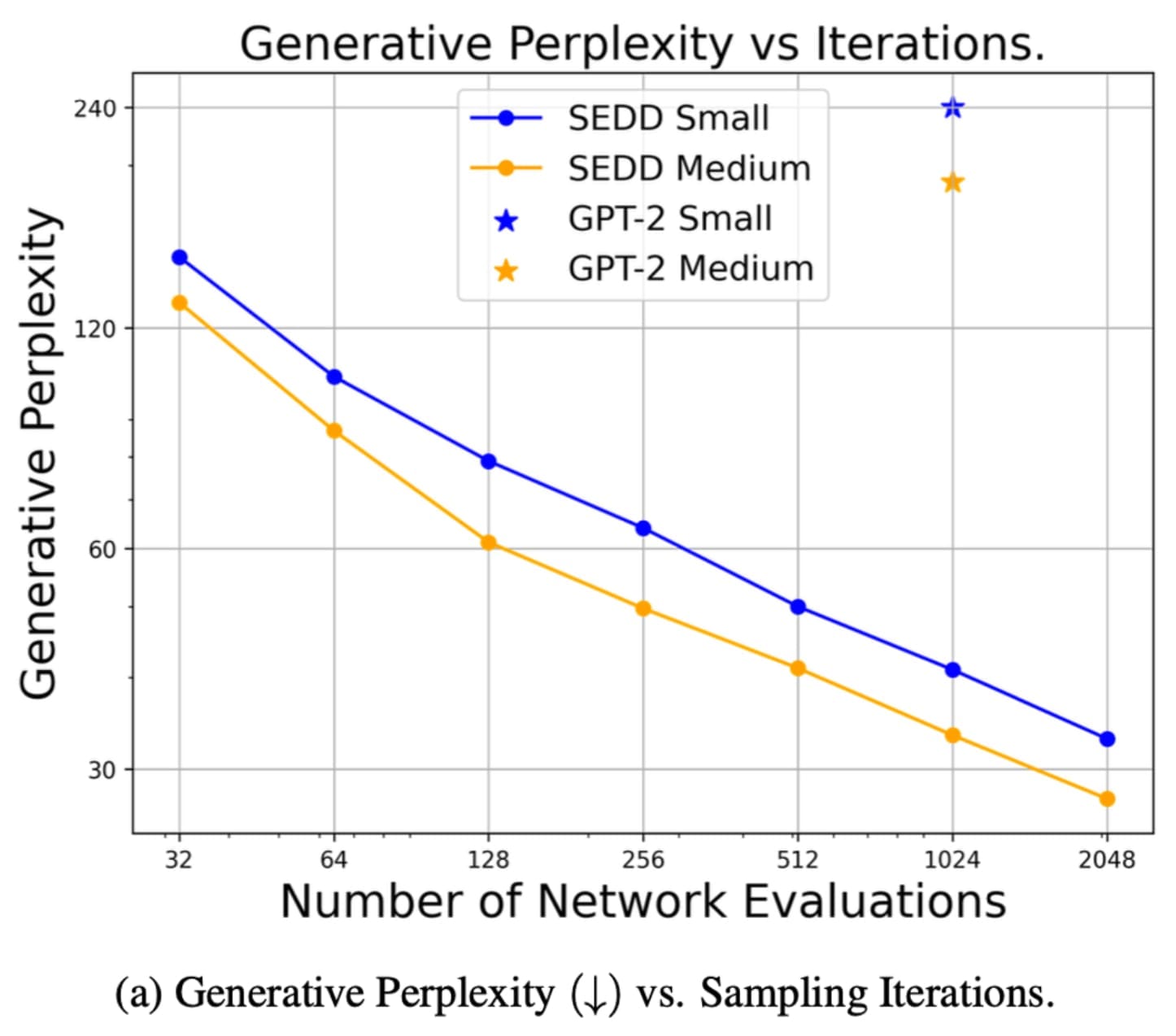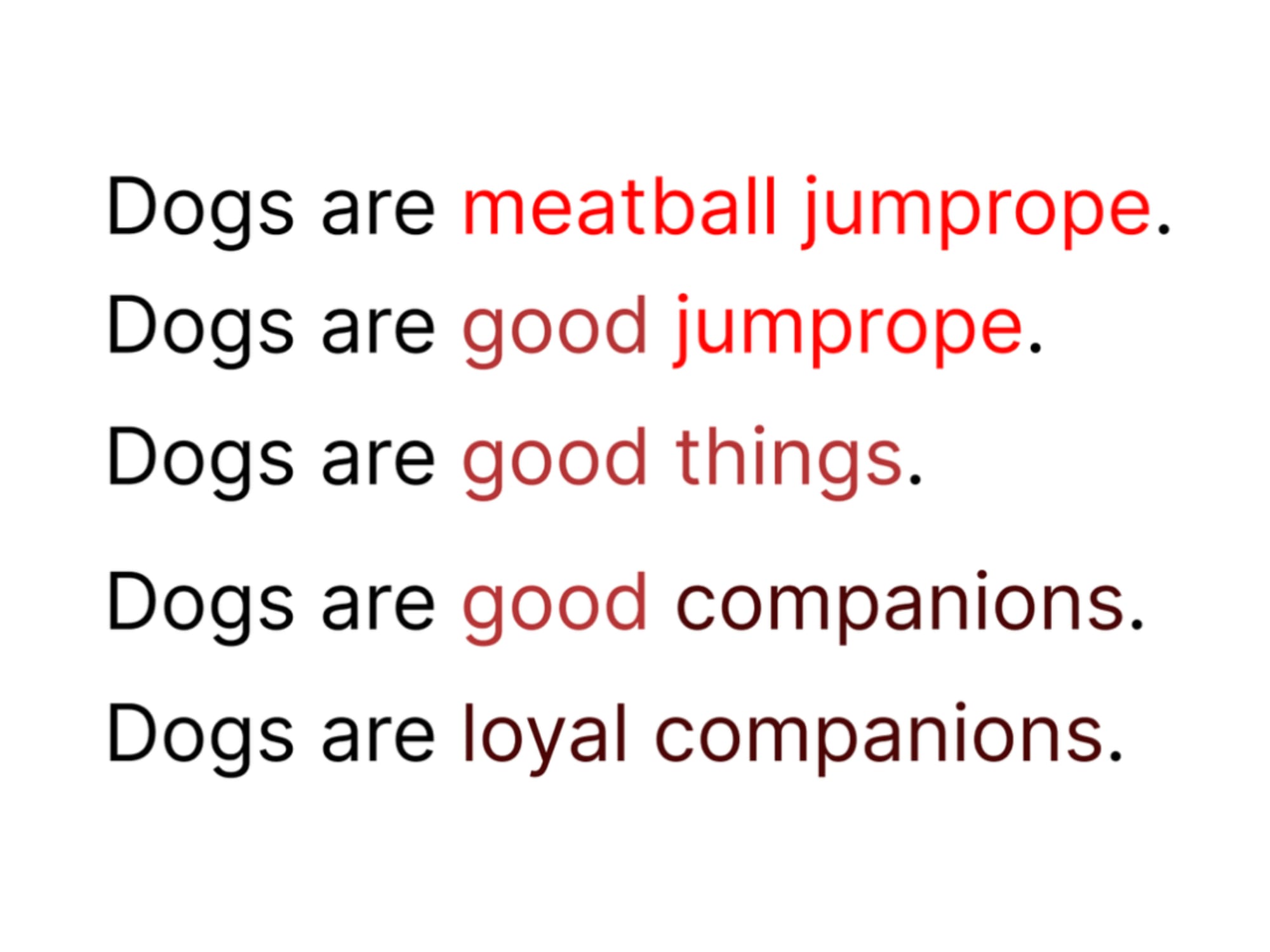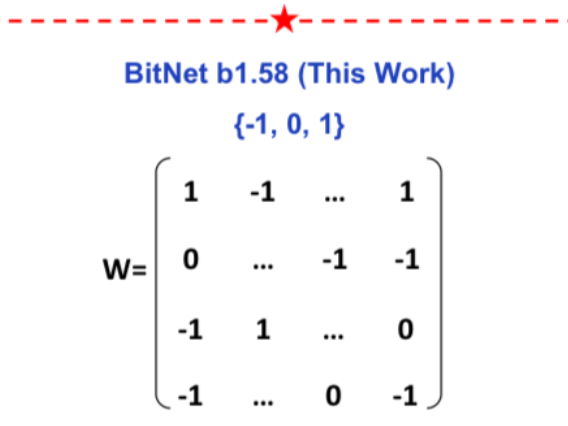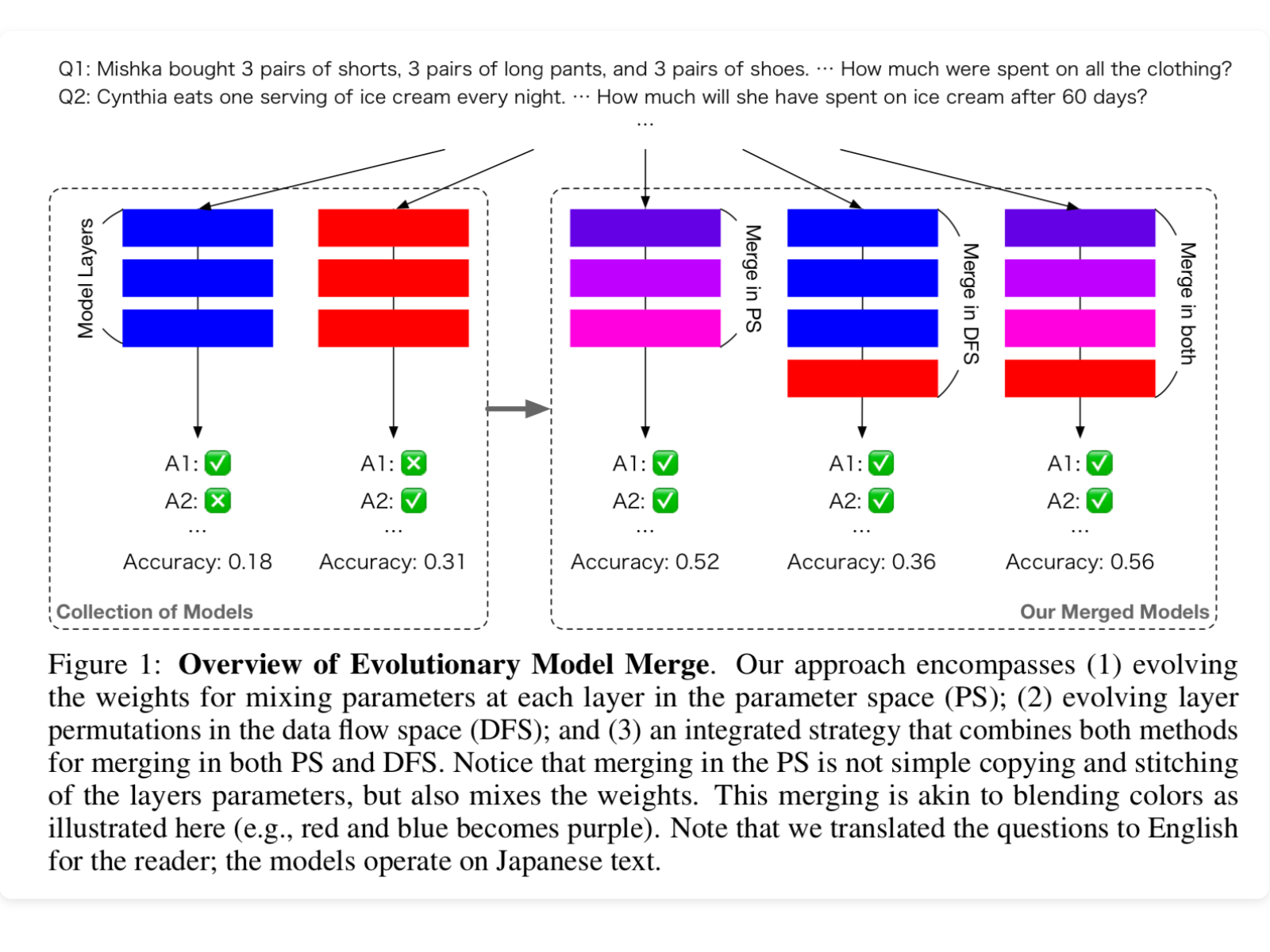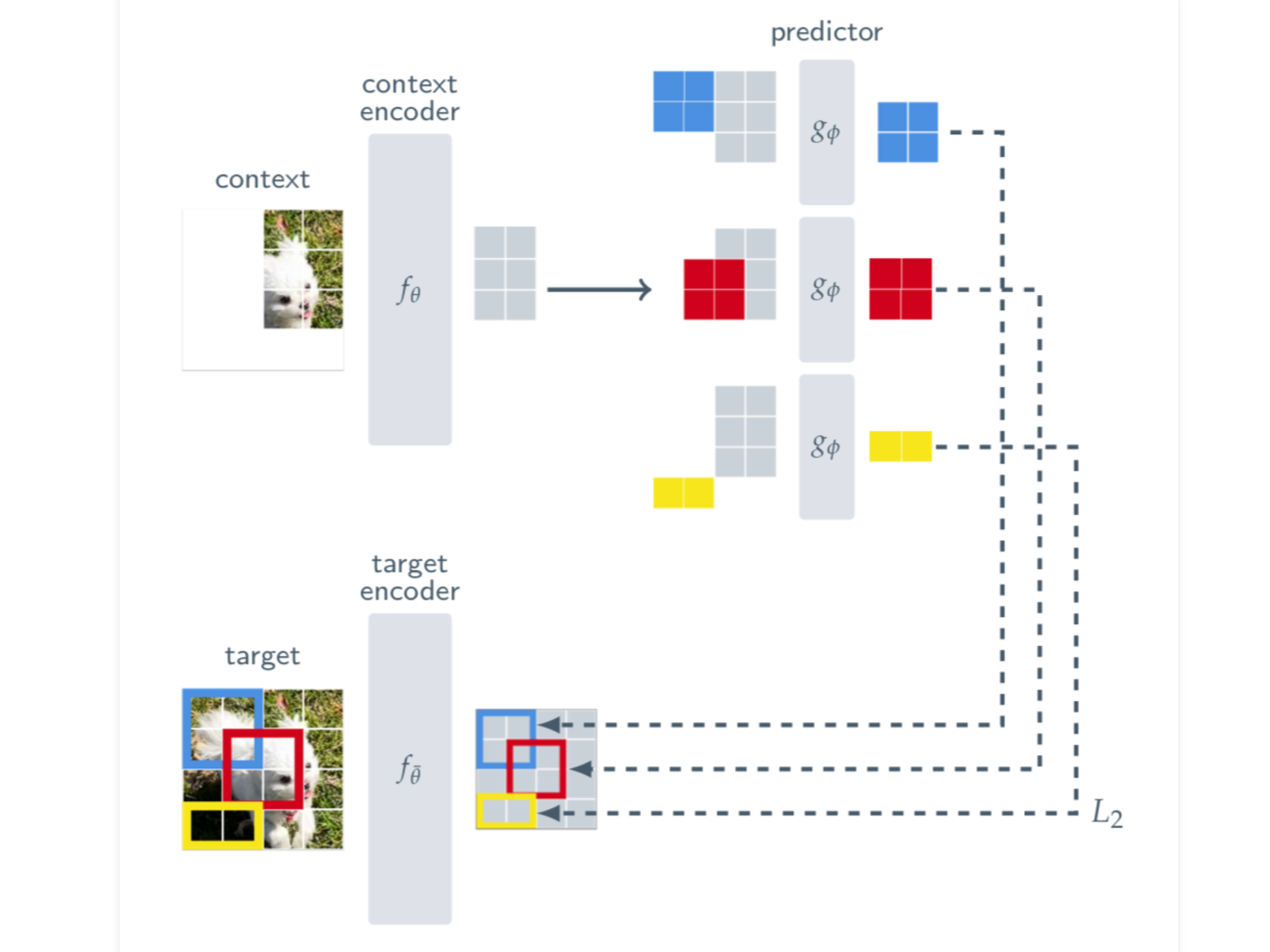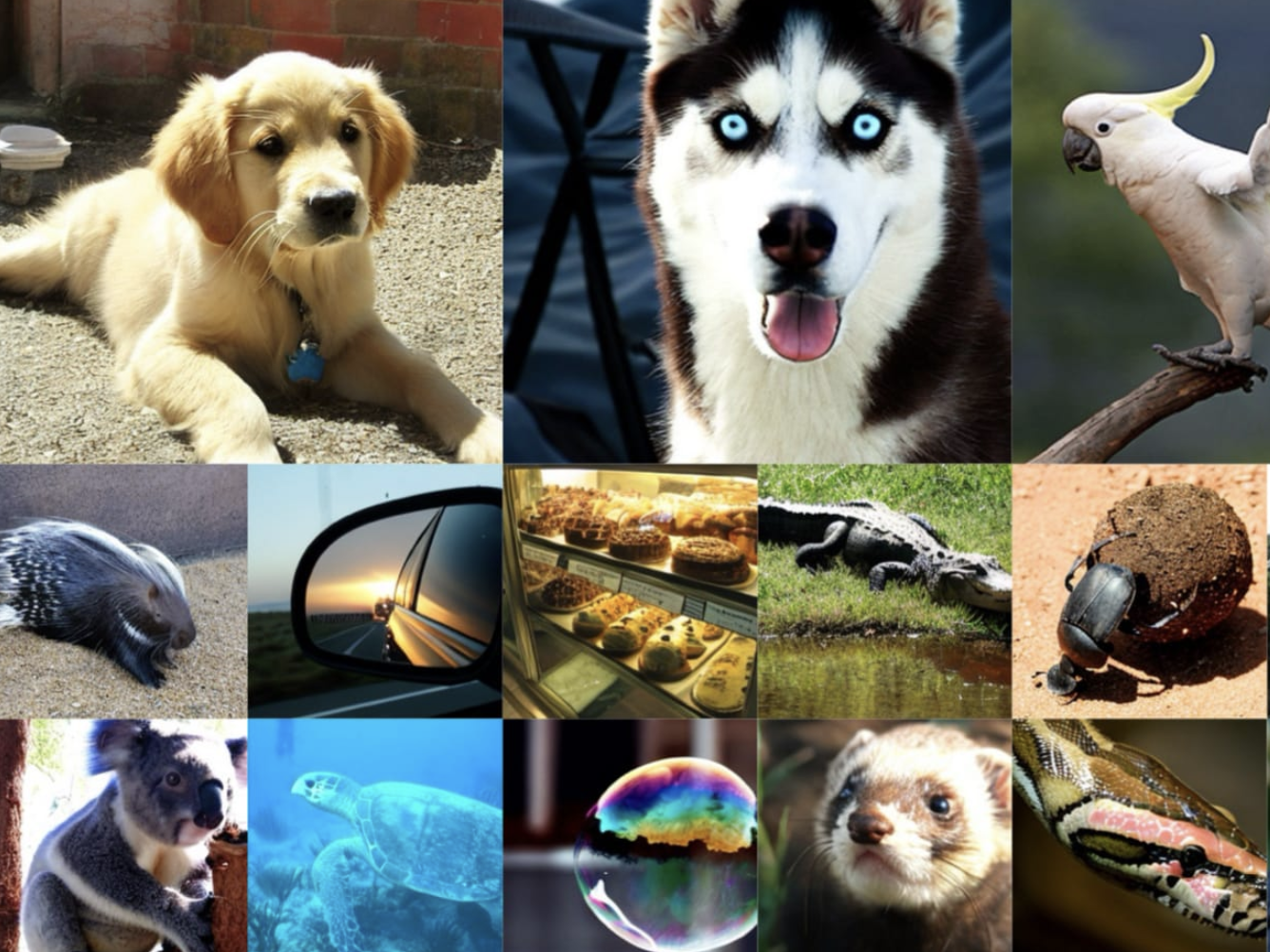Oxen.ai Blog
Welcome to the Oxen.ai blog 🐂
The team at Oxen.ai is dedicated to helping AI practictioners go from research to production. To help enable this, we host a research paper club on Fridays called ArXiv Dives, where we go over state of the art research and how you can apply it to your own work.
Take a look at our Arxiv Dives, Practical ML Dives as well as a treasure trove of content on how to go from raw datasets to production ready AI/ML systems. We cover everything from prompt engineering, fine-tuning, computer vision, natural language understanding, generative ai, data engineering, to best practices when versioning your data. So, dive in and explore – we're excited to share our journey and learnings with you 🚀
Modeling sequences with infinite context length is one of the dreams of Large Language models. Some LLMs such as Transformers suffer from quadratic computational complexity, making...

The ability to interpret and steer large language models is an important topic as they become more and more a part of our daily lives. As the leader in AI safety, Anthropic takes o...

Diffusion Transformers have been gaining a lot of steam since OpenAI's demo of Sora back in March. The problem, when we think of training text-to-image models, we usually think mil...

Large Language Models have shown very good ability to generalize within a distribution, and frontier models have shown incredible flexibility under prompting. Now that there is so...

This is part two of a series on Diffusion for Text with Score Entropy Discrete Diffusion (SEDD) models. Today we will be diving into the code for diffusion models for text, and see...

Diffusion models have been popular for computer vision tasks. Recently models such as Sora show how you can apply Diffusion + Transformers to generate state of the art videos with ...

This paper presents BitNet b1.58 where every weight in a Transformer can be represented as a {-1, 0, 1} instead of a floating point number. The model matches full precision transfo...

Today, we’re diving into a fun paper by the team at Sakana.ai called “Evolutionary Optimization of Model Merging Recipes”. The high level idea is that we have so many open weights ...

Today, we’re diving into the I-JEPA paper. JEPA stands for Joint-Embedding Predictive Architecture and if you have been following Yann LeCunn, is a technique he has been hyping up ...

Diffusion transformers achieve state-of-the-art quality generating images by replacing the commonly used U-Net backbone with a transformer that operates on latent patches. They rec...


